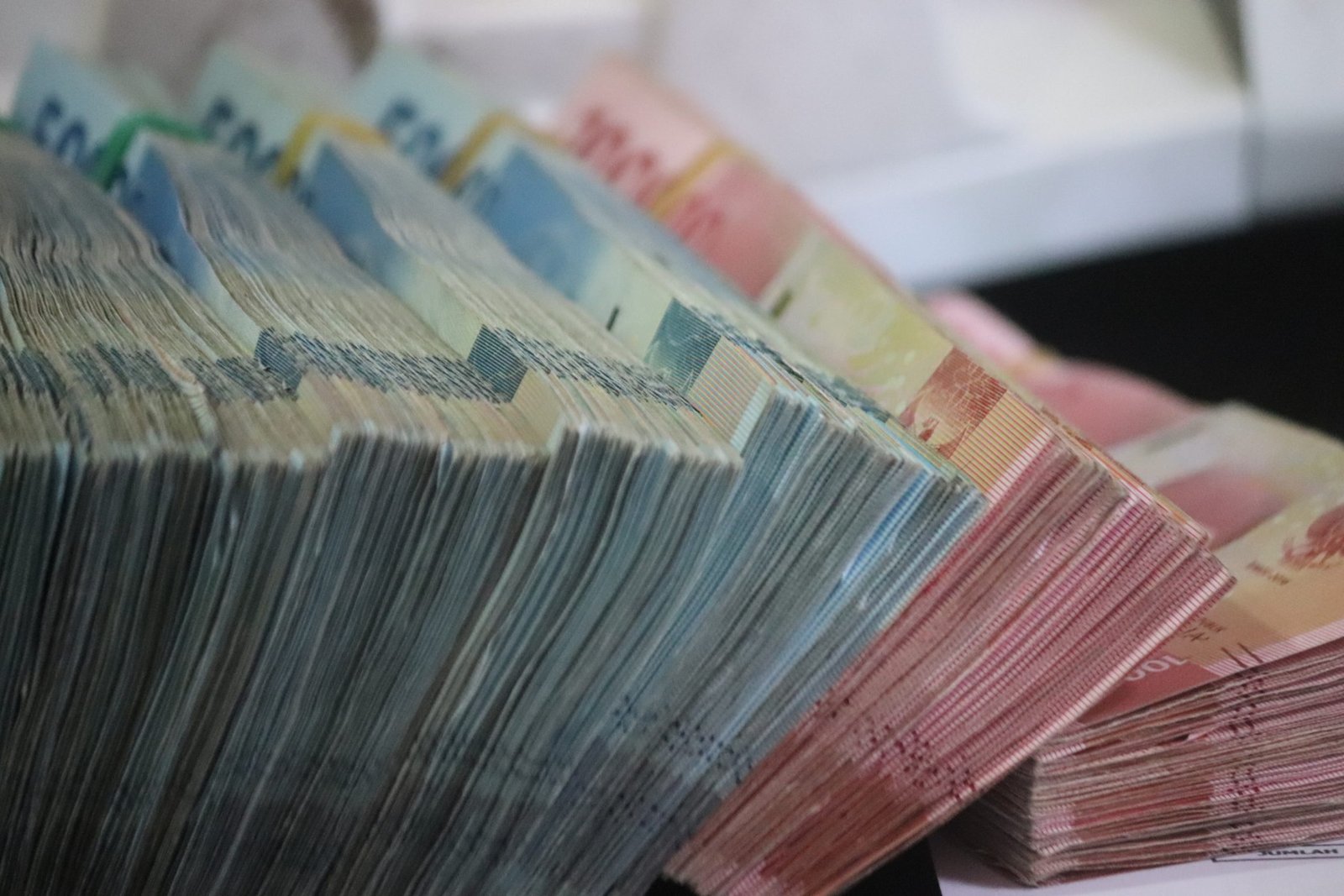The EU Green Deal
What is the Green Deal?
In short, Green Deal is a bundle of EU legislation intended to enable the European Union to fulfill its Paris Agreement commitments and to reduce its net emissions to zero by the year 2050. In its foundation is the Climate Law of 2021, which provides a legal basis for the Green Deal legislation bundle. It does so by making the emission reduction targets of 55% reduction of CO2 by 2030 and the reaching of net zero by 2050 legally binding across the European Union. At its core is the goal of decoupling economic growth from natural resource use, while at the same time ensuring that this process of transformation leaves no one and no region behind.
How much will Green Deal cost?
The Green Deal will be financed from the EU’s seven-year budget. One-third of EU’s 1,8 trillion euros COVID-19 recovery investments from the NextGenerationEU recovery plan will be used for green rebuilding. The current estimate is that the Green Deal will cost at least 1 trillion euros in investments with 260 billion euros of annual investment in order for the EU to reach its 2030 goals.
A key driver for this green rebuilding of Europe is also preemptive, as these measures will increase the continent’s resilience against extreme weather conditions, thereby reducing the financial and human costs of climate change impact in the upcoming future.
Green investment, innovation, and jobs
The green transformation of the economic system in the EU is meant to create new jobs and tangible economic growth fueled by innovation and investment. The Green Deal legislation aims to ensure that European companies’ competitiveness will not be harmed in the internal market area by increased expectations for the sustainability of local products, while non-EU competitors enjoy significantly less stringent demands. In order to help in creating local, well-paid, and sustainable jobs all across Europe, the Commission is already looking into different types of carbon-based tax and customs initiatives in order to set EU and non-EU products on an equal line.

Concrete impacts of Green Deal for businesses – the increasing importance of sustainability reporting
It is considered, that sustainability should be embedded at the core of corporate governance. However, there are still a large number of companies based in the European Union area, focusing predominantly on reaching short-term financial goals, and not taking into account sufficiently the long-term sustainability impacts of their business practices and decisions.
Also as an effort to enable green finance, the EU is also currently building an International Platform on Sustainable Finance, in order to have a single platform on which sustainable finance initiatives, such as disclosures, standards, labels, and taxonomies will become easily accessible for international investors.
The financial reform is not stopping merely at taxation, but there is also an active ongoing effort to build climate resilience into the current economic system via increasing the companies’ requirements to report on their environmental risks, particularly physical risks and damage arising from natural catastrophes. European Union Member States will start updating their own national energy and climate plans on the basis of the Green Deal legislation in 2023, and that national legislation should reflect the same level of ambition as the Climate Law of 2021 so that the Member states will ensure reaching the climate targets of 2030 and 2050 that they are legally obliged to reach. This will naturally have a direct impact on businesses operating in the EU area already in a few years’ time.
Corporate Sustainability Reporting Directive into national law by the end of 2022
The EU Commission has proposed a Corporate Sustainability Reporting Directive (read more about CSRD and the changes it brings in sustainability reporting in the EU) to amend the currently existing Non-Financial Reporting Directive. The new CSRD will be implemented into national legislation of EU Member States by the end of 2022, and companies will need to start complying with the new rules for the financial year starting from 2023. Small and Midsized enterprises have slightly more time to adopt the new reporting requirements, as they are expected to report in line with the new directive starting from the beginning of 2026.

Impact of Green Deal on industries
Heavy industry
Green Deal is going to have a significant impact in the upcoming future especially in the energy and resource-intensive industries, such as steel, chemicals, cement, textiles, electronics, and plastics. These industries serve as the key suppliers for a majority of significant value chains, and thus the decarbonization and modernization of all of these industries are essential in order to keep Europe running.
Even when the currently existing circular economy action plan applies across the board, in order to achieve a real and measurable impact, these more intensive industries will face novel regulatory pressures, as well as green business opportunities in the quest of creating a more sustainable Europe.
Automotive industry
In July 2021 the European Commission published its “Fit for 55” agenda, setting the requirement for the automotive industry to reach zero emissions from new vehicles starting from 2035, essentially by the means of a rapid transition to electricity and other zero-emission sources of power.
Energy industry
One of the core fields where the EU will be focusing both its stick and its carrot is greening up the European energy industry. This makes sense from a climate point of view, but a transition into renewable energy will also come with the added benefit of reducing the continent’s dependency on energy imports from third countries. The current aim is, that 40% of all electricity consumed in the union in 2030 would come from renewable sources.

In practice, the EU is going to phase out the use of fossil fuels step by step, by removing subsidies from the old-world fossil fuels, by encouraging companies to take up green initiatives, by moving taxation from labor towards pollution, and by reducing the amount of free emission quotas available on the emissions trading system, thus increasing the price of releasing greenhouse gas emissions.
Construction industry
The construction sector is definitely one of the big winners of the Green Deal. One of the current plans is to renovate existing buildings all across the EU in order to support greener lifestyles at an increasing pace. It has been suggested, that at the current rate of renovation, it would take a century for the EU construction base to reach the target level of climate friendliness, so the efforts will need to be increased significantly in the upcoming years.
The increased pace of renovation and construction would simultaneously create new jobs across the EU and actively support the EU in reaching the emission targets set in Climate law. It has been calculated, that 35 million buildings could be renovated by the year 2030 and that the renovation efforts would have a chance of creating 160000 additional jobs to the construction sector by 2030.
Forestry industry
The Green Deal also includes the deforestation legislation, as one of the aims of the EU is to start effective afforestation, as well as forest preservation and restoration, which naturally causes new challenges for the Nordic countries, where the forest industry has traditionally played a notable part in the local economy. The forest industry will most likely face novel regulatory demands in providing proof of sustainable forestry practices, and sufficient levels of due diligence regarding the origin of wood, as well as the generally increased requirement of transparency.

Simultaneously forest and paper industries might be one of the big winners, as the world is looking for innovative and natural alternatives for plastics in all fields of society, in order to reach the UN’s sustainable development goals set for the blue economy and protecting life in oceans.
Consumer goods
The time for greenwashing seems to be reaching its end. Circularity will need to be embedded not merely in the systems, but also in the design of goods. Recycling is simply not enough anymore. Even as rates of recycling are increasing, based on 2016 statistics, merely 12% of material resources used in the EU come from recycled products and recovered materials.
Another point of interest for anyone working in the field of consumer goods is that we are currently expecting to face novel legislation extending manufacturer’s responsibility when it comes to the requirement to reduce and reuse the materials being used, as well as extending the producer’s responsibility on the durability of goods, giving consumers a real opportunity to fix broken items in order to extend their life spans.
Additionally, as a part of a deforestation initiative related to the Green Deal, in November 2021 the Commission has proposed prohibiting the import of 6 goods causing deforestation: coffee, cacao, beef, palm oil, soy, and wood, and their derivatives such as leather and furniture, from areas that are already suffering from deforestation. The suggestion is, that in the future the importers of such goods would be required to perform due diligence on the origin of the commodities imported, in order to prove that the goods they are importing have not contributed to forest loss.
